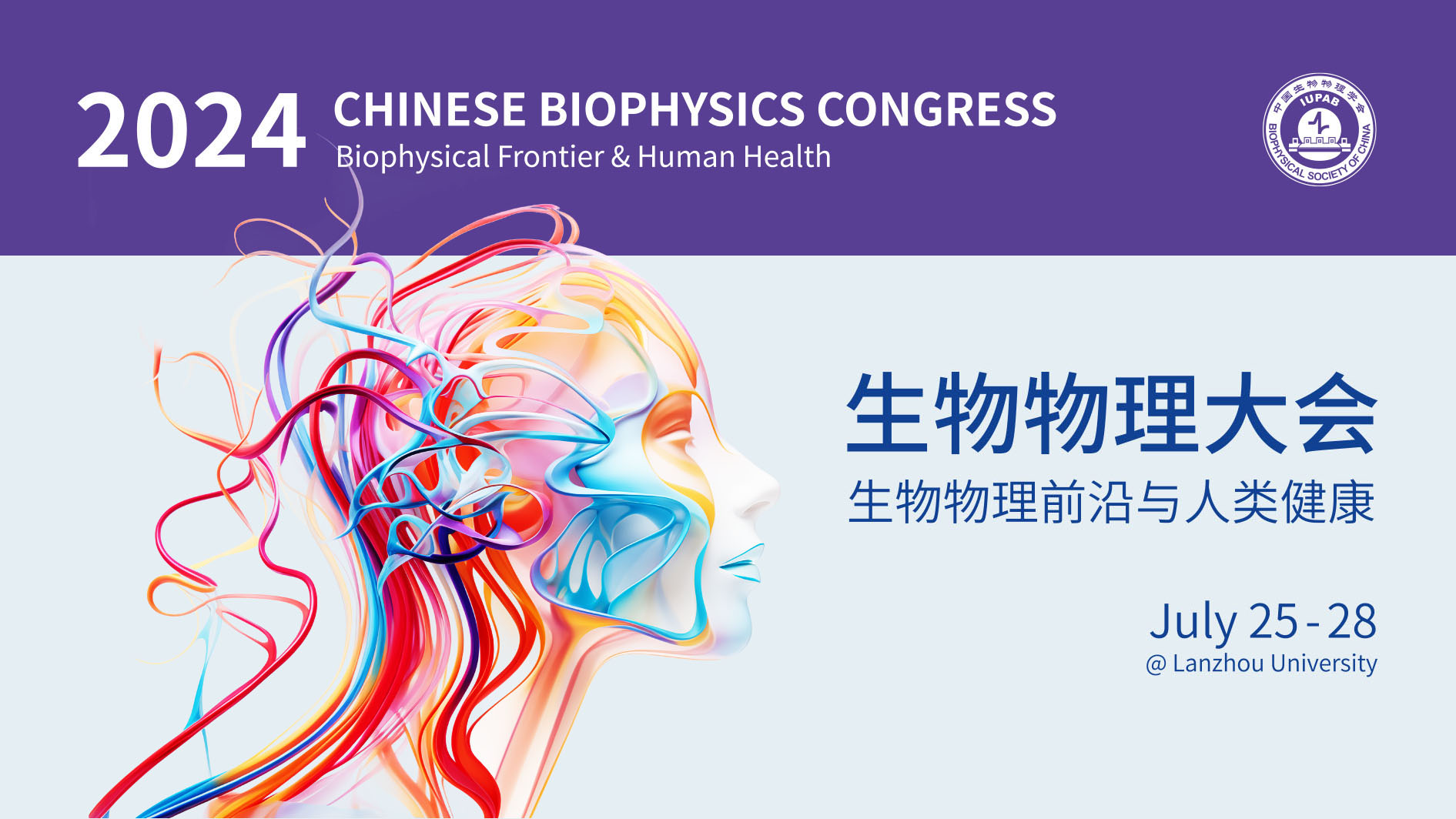





周界文研究员(博士生导师,国家引才计划创新长期,生命过程小分子调控全国重点实验室副主任,中国科学院生物与化学交叉研究中心副主任)
周界文研究员,1994年毕业于密西根大学物理系,在1999年获得哈佛大学生物物理学博士,随后从1999到2002年在美国国立卫生研究院做博士后研究。2003年他回到哈佛大学历任助理教授,副教授,于2012年获得哈佛大学终身正教授。2023年初周界文研究员全职回国加入中国科学院上海有机化学研究所和生物与化学交叉研究中心。周界文研究员共发表了120多篇论文,总引用次数超过1万3千次,他还曾获得Pew Scholar,Smith Family,Genzyme 杰出科学家等荣誉。在近期的研究中,他发现很多免疫受体的跨膜区域可直接动态聚簇,进而激活下游信号通路,该发现为开发新的免疫调控药物提供了契机。他还阐明了HIV病毒刺突蛋白的跨膜和近膜区域是如何影响蛋白的抗原性,这为疫苗设计提供了重要线索。另外,他开创了全球首个基于模块式自组装的多特异性药物递送平台技术。
周界文研究员主要从事跨膜受体的信号传导机理和病毒膜融机制方面的研究,为揭示这些蛋白在跨膜和近膜区域的盲点开发了一系列高分辨率核磁技术,并从中发现了重要的新生物功能与概念。蛋白质通过多价弱相互作用而形成的液滴式凝聚物是近期细胞生物学的一个研究热点。本课题组前期在对肿瘤坏死因子(TNF) 家族受体的研究中首次发现,前配体凝聚物并不是非特异性膜蛋白的聚集,而是由多价、特异性的弱相互作用形成。且这些前配体凝聚物具有重要的自抑制功能,若瓦解此凝聚物即可有效激活受体的下游信号通路。基于前期研究,课题组目前的研究方向聚焦肿瘤免疫治疗的关键细胞因子受体1)开发核磁共振新方法,联合运用冷冻电镜和细胞膜成像技术,全面揭示单次跨膜细胞因子受体的胞外和跨膜区域在膜上的动态聚集以及它们之间协同作用的机制2)针对一些领域内无法解释的、即不影响受体胞外域配体结合也不影响胞内域结构的疾病相关突变,研究它们对受体膜里聚簇的影响,致力于发现导致人类疾病的新的机制3)开发新颖的靶向受体前配体凝聚物的方法,用于发现新一代从胞外特异性激活细胞因子受体的小分子化合物,致力于在开发TNF和白介素受体的小分子激动剂方面实现零的突破。
Professor Chou is now a principle investigator at Shanghai Institute of Organic Chemistry(SIOC), Chinese Academy of Sciences. He also serves as a deputy director of the National Key Laboratory of Bioorganic and Natural Product Chemistry and the associate director of the Interdisciplinary Research Center of Biology and Chemistry (IRCBC).
Professor Chou received his B.S. in Physics from University of Michigan in 1994. He completed his Ph.D. training in biophysics with Professor. Gerhard Wagner in 1999 at Harvard University. He then received postdoctoral training in Professor. Ad Bax’s group at US National Institutes of Health. In 2003, he moved back to Harvard University to start his independent career and was promoted to tenured professor in 2012. In 2023, he joined Shanghai Institute of Organic Chemistry.
Professor Chou’s research interests currently focus on the control and activation of cytokine receptors and developing technologies for investigating receptor dynamics.
Research
Cell surface receptors account for the vast majority of targets of therapeutic antibodies. While mechanistic and structural studies have concentrated on the ligand-engaged, activated forms of the receptors, little information is available on the resting, inactive conformation of the receptors in the context of cell membrane. How receptors “rest” on the cell membrane has direct implication to their autoinhibition mechanism and preparation for ligand binding and is thus important to the development of agonistic or antagonistic antibodies for therapeutic applications. Historically, the pre-ligand states of single-pass transmembrane receptors have been extremely difficult to visualize due to technical challenges of working with proteins in the context of lipid bilayer. Our research program integrates structural biology, cell biology, and nanotechnology to fill the long-standing knowledge gaps in receptor biology such as receptor pre-ligand conformation, receptor autoinhibition mechanism, and higher-order receptor clustering important for the activation and regulation of transmembrane signaling.
In addition to the goal of acquiring fundamental understanding of receptor signaling, our lab also innovates new drug delivery technologies that affords combinatorial flexibility and multiple specificity, with the goal of maximizing the therapeutic potential of the newly discovered molecules that modulate receptor activities.
Ms. Jingping Long (龙静萍)
+86-10-64889894
longjingping@bsc.org.cn
Ms. Puguang Li (李普光)
+86-10-64888542
lipuguang@bsc.org.cn
Ms. Jia Ji (吉佳)
+86-10-64888542
jijia@bsc.org.cn
Ms. Wanxiao Jiao (焦婉霄)
+86-10-64889894, 13699155937
jiaowanxiao@bsc.org.cn
© Copyright 中国生物物理学会 版权所有